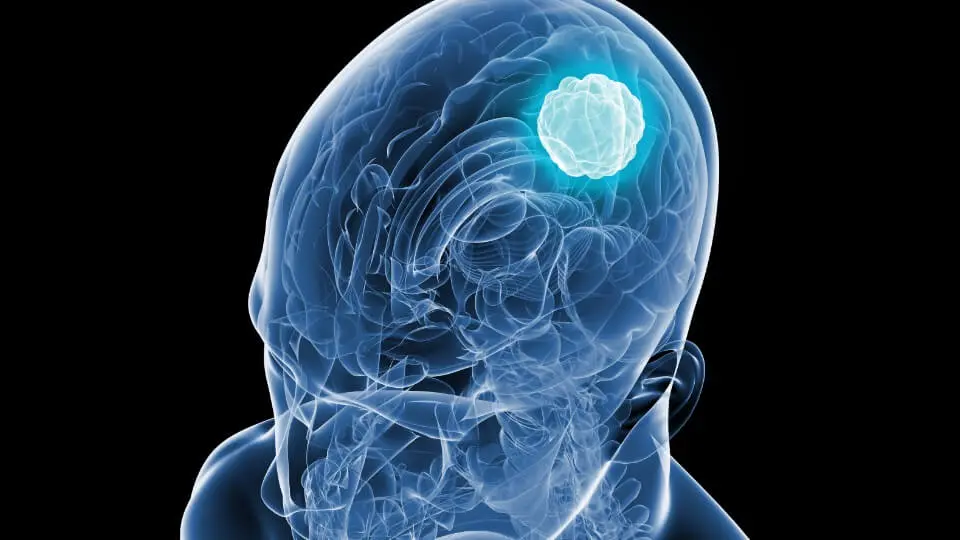Glioblastoma
Glioblastoma Cancer Clinical Trial
According to the American Association of Neurological Surgeons, GBM is the most common malignant brain tumor accounting for approximately 48% of all primary brain tumors with a low survival rate of approximately 40% in the first year after diagnosis and only 17% in the second year. In preclinical settings, we evaluated the preclinical activity of N-803 in a murine GL261-luc glioblastoma model.

We showed that N-803, as a single-agent treatment as well as in combination with an anti-PD-1 antibody or stereotactic radiosurgery, exhibits a robust antitumor immune response resulting in prolonged survival including complete remission in tumor bearing mice. N-803-treated mice had decreased tumor volume and increased median survival compared to control. In addition, N-803 treatment resulted in long-term immune memory against glioblastoma tumor rechallenge.
Glioblastoma Clinical Trials
QUILT-3.078 Recurrent GBM or Progressive GBM
A phase 2 open-label study is currently being developed to evaluate the safety and efficacy of the combinations of N-803, PD-L1 t-haNK and bevacizumab in patients with recurrent or progressive GBM. A pilot phase will evaluate the safety of this combination prior to the randomized Phase 3 portion versus bevacizumab monotherapy as the current standard of care.
https://clinicaltrials.gov/study/NCT06061809
Glioblastoma is not only one of the most common tumors of brain tissue, it also is one of the most lethal cancers. By orchestrating the body’s protective NK and T cells, we believe we can potentially train the immune system to target and even destroy the tumor cells of glioblastoma and other cancers.





